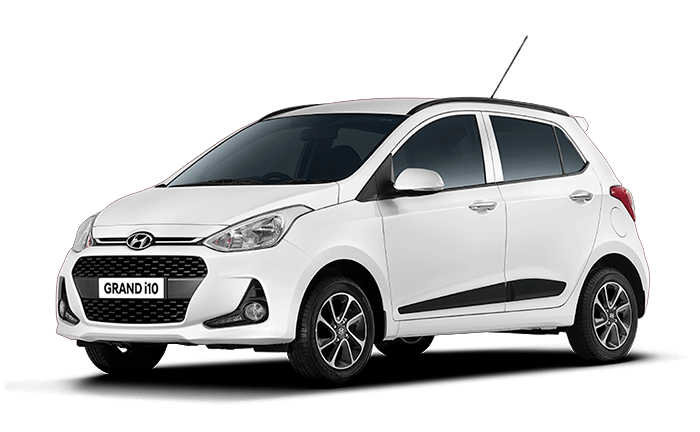
A tankless hot water heater effectively heats water powered by electricity, gas, or propane. These heaters are small in size and essentially eliminate costly standby losses. They can offer warm water at remote points of use, wasting less water while waiting for warm water to reach a remote faucet. Tankless heaters are small in size and use very little energy to heat a large volume of water.
The camper water heater is available at the homeowner’s request; in other words, heated water is provided on demand with no quantity restrictions. They utilize significantly less electricity and natural gas than standard hot water heaters, making them ideal for the environmentally-minded. After installing a tankless water heater, homeowners can expect to save up to 50% – 60% on their gas bill. A tankless water heater is less expensive than a traditional water heater ($500) and considerably cuts your water heating expenditure.

The tankless hot water heater is becoming more popular as more people discover how much money they may save in the long term. tankless water heater for camper, unlike traditional storage tank hot water heaters, do not operate by keeping a tank of water at a constant, high temperature. They are more efficient than standard gas or electric heaters and can reduce your associated energy expenses by up to 50%. This also applies to gas tank-style hot water heaters.
Demand water heaters come in propane, natural gas, and electric varieties. They are available in various sizes to suit multiple uses, such as a whole-house water heater, a hot water source for a small bathroom or hot tub, or a boiler to supply hot water to a home heating system. Demand water heaters are more expensive than traditional storage tank-type devices. The appeal of demand water heaters is the elimination of tank standby losses and the resulting lower running costs and the heater’s ability to continually produce hot water.
Storage tank heaters have a lifespan of 10 to 15 years, but most tankless types contain easily replaceable parts that can extend their life for many more years. Storage-type hot water heaters lose heat continuously throughout the day, consuming more energy than any other task in the house except space heating.
Tankless hot water heaters use energy only when there is a demand for it, giving immediate hot water. In contrast, conventional tank systems require energy to keep the water in the storage tank heated to be ready when needed.







